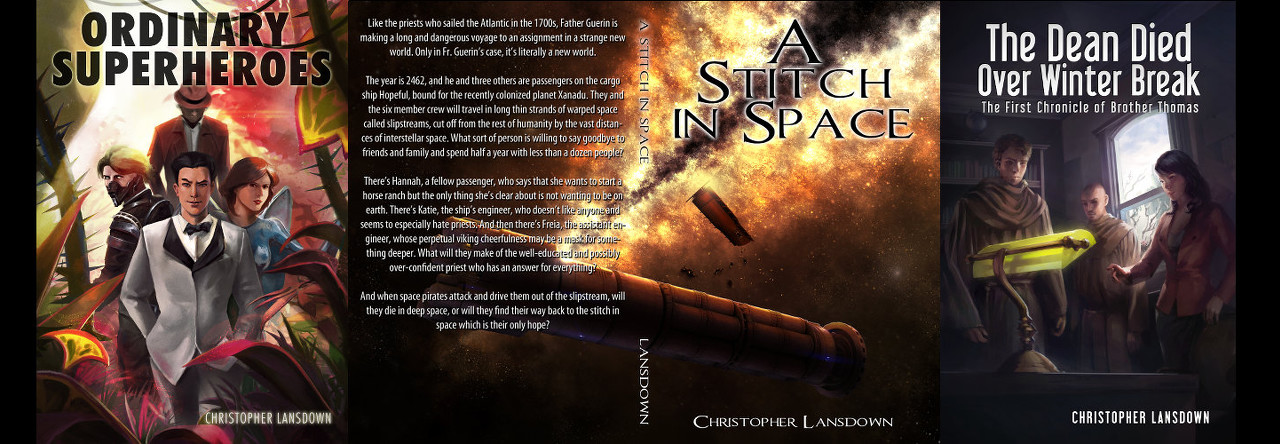Because I was watching a bunch of songs from Patty Gurdy YouTube recommended the song Mad as a Hatter by Larkin Poe. Larkin Poe is a pair of sisters, and Mad as a Hatter is about their grandfather’s mental illness. It’s not a great song, but it’s got catchy elements:
There’s a line in it which really cought my attention, though:
I know what time is
Time is a thief.
It’ll steal into bed
And rob you while you sleep.
Now, I should preface my remarks by saying that I know what’s meant—people’s powers, such as memory, eyesight, etc. tend to diminish with age, though gradually enough that one doesn’t notice, and in older age one is not able to do the things one was able to in one’s youth. And indeed, this is difficult to deal with. That’s not what I’m talking about when I say that time isn’t a thief. It is quite true that those of us who survive to old age will have weaker eyes and slower memories than we did when we were young. These changes can be attenuated, but cannot be prevented.
To quote Master Splinter in the movie Teenage Mutant Ninja Turtles, death comes for us all.
https://youtu.be/_EUjQzU5QQ0?t=204
It’s just that death comes quickly for some and slowly for others.
But time is still not a thief.
The question is one of fundamental orientation, or, if you prefer, the fundamental question of what a human being is.
The idea that time is a thief comes from the idea that there’s a “true” us which we grow into and then eventually lose. It conceives of human beings as self-sufficient beings which merely inhabit the world for a time. Thus the limits which come from being in the world are limits imposed upon the independent creature and frustrate the fullness of its being. The prime of one’s life—when experience and youthful vigor are at their mutual maximum—is thus the time when the human being is least limited by the world.
This is, of course, exactly backwards. It places human beings in the position of being little Gods and makes completely unintelligible why they’re born or die. People don’t bother themselves much with the problems of being born since it’s too convenient, though this is one of the things which a bit of navel gazing would actually help with. They’re very troubled, however, by how growing old and dying makes no sense.
By contrast, if a human being is a creature who did not make himself, every moment of his life is, therefore, a gift. To be born is a gift, to grow stronger and quicker of wit throughout childhood is a gift, and to still be around dispensing wisdom and doing what one can do in old age is a gift. It is true that time gives far more in one kind during a person’s youth and gives those gifts of strength and memory far less during old age. But they are still far more than nothing, which is the right thing to compare them to.
This is where the older wisdom of the idea of the seasons of one’s life comes in. We are given youthful vigor in our youth but not in our old age; it is right, therefore, to make good use of youthful vigor in our youth, and then as we age to turn to making use of the wisdom and knowledge we’re given in our old age. The young and the old complement each other. Wisdom without vigor cannot do anything, while vigor without wisdom cannot do anything worthwhile.
Our modern rejection of the seasons of life and strict separation of people by age has resulted in old people being warehoused until they die while the young are busy wasting their youth. And in both cases people who are not Gods are miserable because real life can’t help but constantly point this out to them. (Which is why Sartre said that hell is other people—encountering other people proves to us that we didn’t create ourselves.)
So while growing old is not easy, time is not a thief. Time is a giver. It just gives us different things at different times.
The alternative is hell.
Quite literally.
Discover more from Chris Lansdown
Subscribe to get the latest posts sent to your email.

Ah, but what Time really steals from us is time.
LikeLike
We don’t have time until it’s given to us. 😉
LikeLike